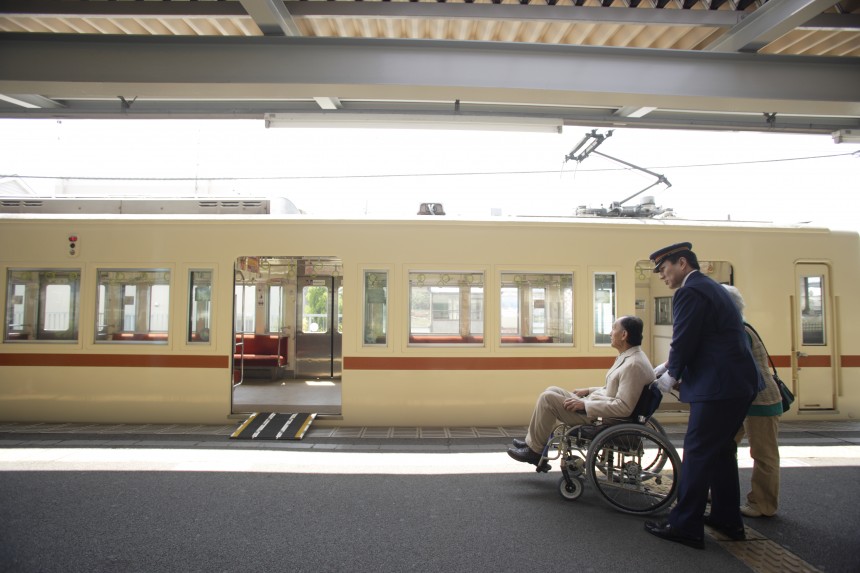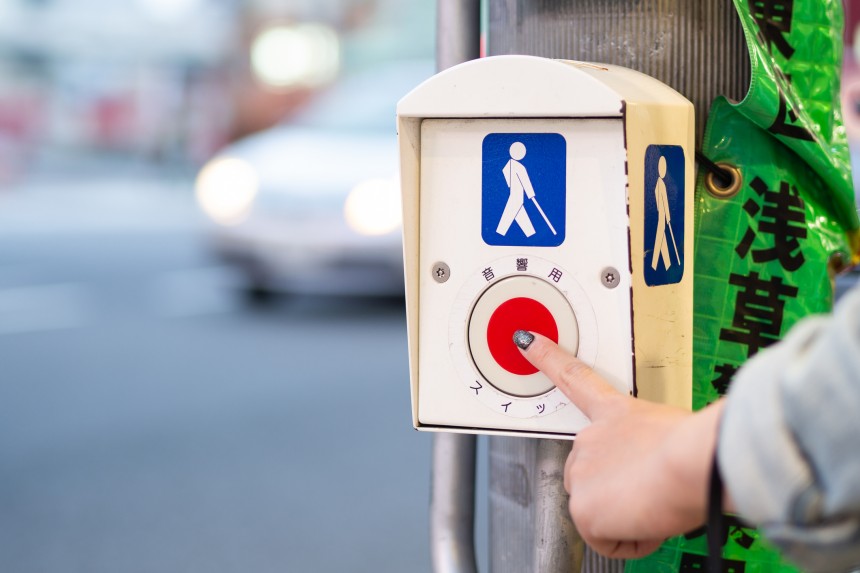
April 19, 2019
Is Japan Friendly for People with Disabilities?
Striving for change, imperfectly
In a little over a year, an estimated 10 million people from Japan and abroad will flood Tokyo’s streets, transit systems and businesses for the Summer Olympic and Paralympic Games. That number includes fans, athletes and reporters with disabilities that may prevent them from climbing a narrow staircase or fitting into a closet-sized izakaya bathroom — both of which are facts of life in the capital city.
With 2020 on the horizon, people have started to wonder: How friendly is Japan for people with disabilities?
Before the mid-1900s, there was virtually no legislation regarding the rights of disabled people in Japan. Throughout much of the country’s history, people with physical disabilities and mental illnesses were ostracized from society and, in the worst cases, legally sterilized.
Today, there’s a law that pushes companies and government organizations to employ a certain percentage of people with “physical, intellectual or mental impairments.” Another law, passed in 2016, bans “unjust discrimination” against people with disabilities and urges the private sector to take “reasonable accommodation” to remove barriers for individuals. For example, organizations should provide dictation services and braille documents when necessary, as well as create accessible spaces.

Since private-sector entities are only obliged to take action, public facilities do a better job at addressing the needs of disabled individuals. Elevators, ramps and spacious multipurpose bathrooms are available at most major train stations across the country. Tactile blocks, a type of textured, directional paving for visually impaired people, originated in Japan and line almost every platform and sidewalk in Tokyo.
Still, the country is far from perfect. My favorite coffee shop in Ginza is on the second floor of an old office building with no elevator. Likewise, that charming hole-in-the-wall eatery from TripAdvisor probably won’t rebuild its facility to adhere to new laws. Mental illness is rarely discussed in the open, and the idea of seeking psychiatric help remains greatly stigmatized.
Infrastructural change, especially within the private sector, continues to be a challenge for a country rooted in traditionalism. While new legislation and accessible public spaces are clear signs of progress, Japan has a long road ahead to truly becoming a friendly place for people with disabilities. As a result, it’s always a good idea to check store websites for accessibility details and other information before visiting.







